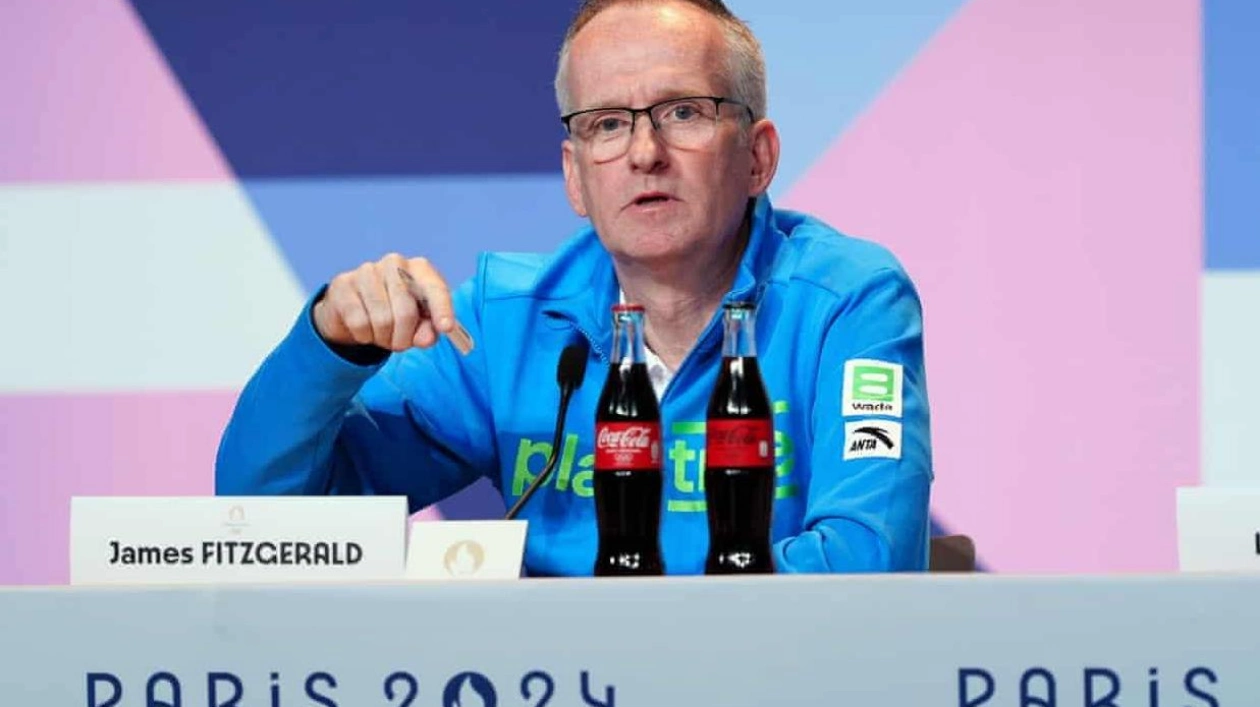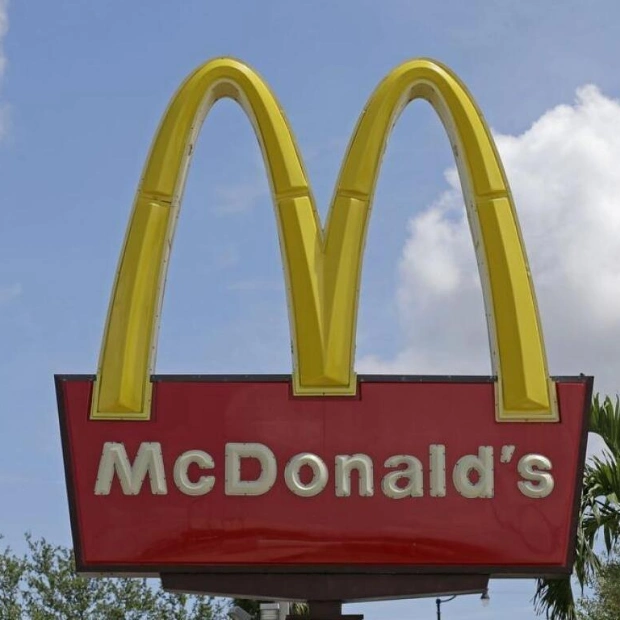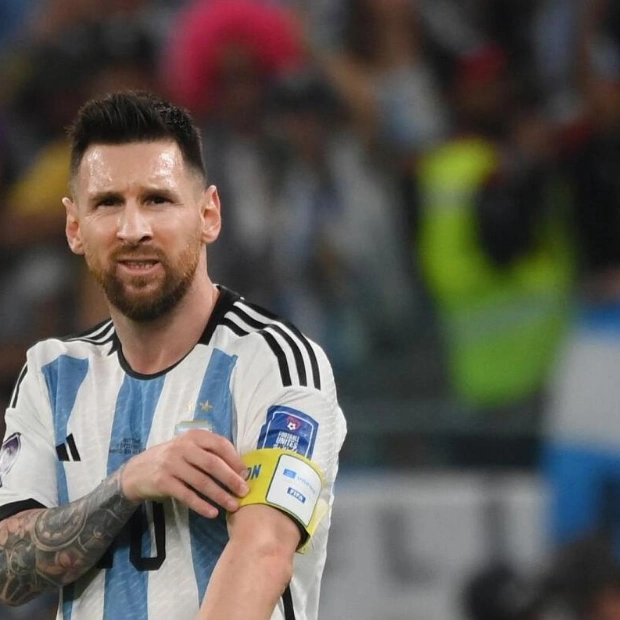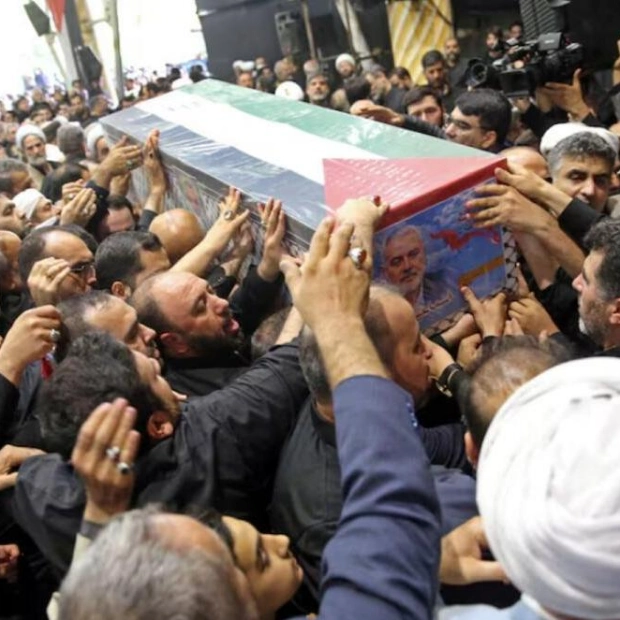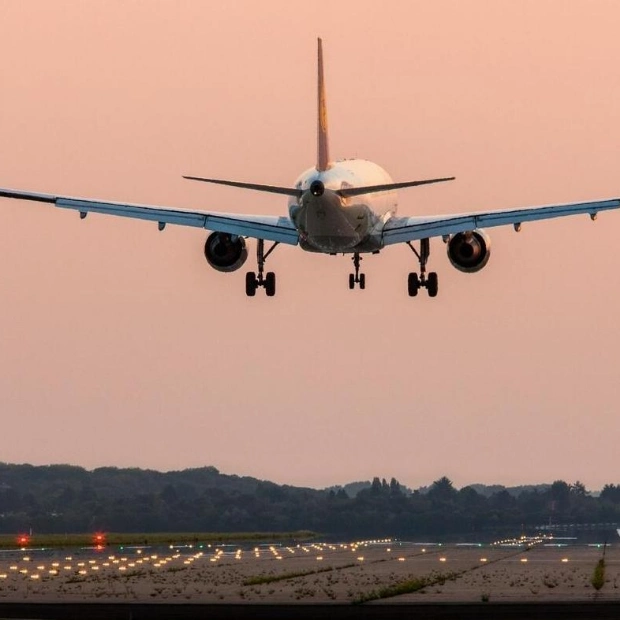New developments in the story of undercover runners being recruited to uncover an athletics doping conspiracy emerged on Thursday, as the Reuters news agency retracted its own articles on the matter after acknowledging that one of its journalists had facilitated a senior World Anti-Doping Agency (WADA) official's attendance at the Masters golf tournament at Augusta as an accredited journalist.
An investigation by Observer Sport in July disclosed how the United States Anti-Doping Agency (USADA) enlisted a Kenyan runner as an undercover agent for several years, leading to the reporting of his training group and the seizure of substantial amounts of performance-enhancing drugs by US federal agents. During this period, numerous Kenyan athletes were sanctioned for doping violations.
A Reuters investigation in August criticized this practice, with WADA stating: “This USADA scheme jeopardized the integrity of sporting competition… USADA was clearly in violation of the rules. Contrary to USADA's claims, WADA did not approve this practice of allowing drug cheats to compete for years on the condition that they would attempt to gather incriminating evidence against others.”
USADA has consistently maintained that WADA approved the operation, which is permitted under WADA rules, and that the athlete involved received a reduced sanction once the operation concluded.
On Thursday, The Times revealed that a Reuters journalist who contributed to the article assisted WADA's head of media relations, James Fitzgerald, in obtaining official media accreditation to attend the prestigious Masters in April as a Reuters reporter. Media access includes free entry to the tournament and participation in press conferences and exclusive media events.
As a result, Reuters has withdrawn its article on USADA's practices, with a spokesperson stating: “A journalist who no longer works for Reuters has admitted to helping a WADA representative obtain a Reuters press credential for the 2024 Masters tournament, a violation of our journalistic standards.” Consequently, the stories ‘Athletes undercover? Global and US anti-doping agencies clash over tactics’ and ‘Wada renews call for Usada to get tougher on testing’ have been retracted. While Reuters stands by the accuracy of the reporting, its standards for newsgathering were not met, particularly concerning the avoidance of the appearance of bias in sourcing.
Fitzgerald commented: “My attendance at the event in April was unrelated to my role at WADA and was a personal matter. All related costs were borne entirely by me, and I was there on my own time. WADA responded to questions posed by Reuters, as is standard practice.”
The articles were published amid a war of words between USADA and WADA, with USADA criticizing WADA for its failure to challenge Chinese authorities over 23 positive tests for trimetazidine (TMZ) and two positive tests for metandienone among its swimming team.
USADA's chief executive, Travis Tygart, remarked: “It is time for all those who value clean sport to join the International Olympic Committee and public authorities to reform WADA and restore credibility to the movement.”
